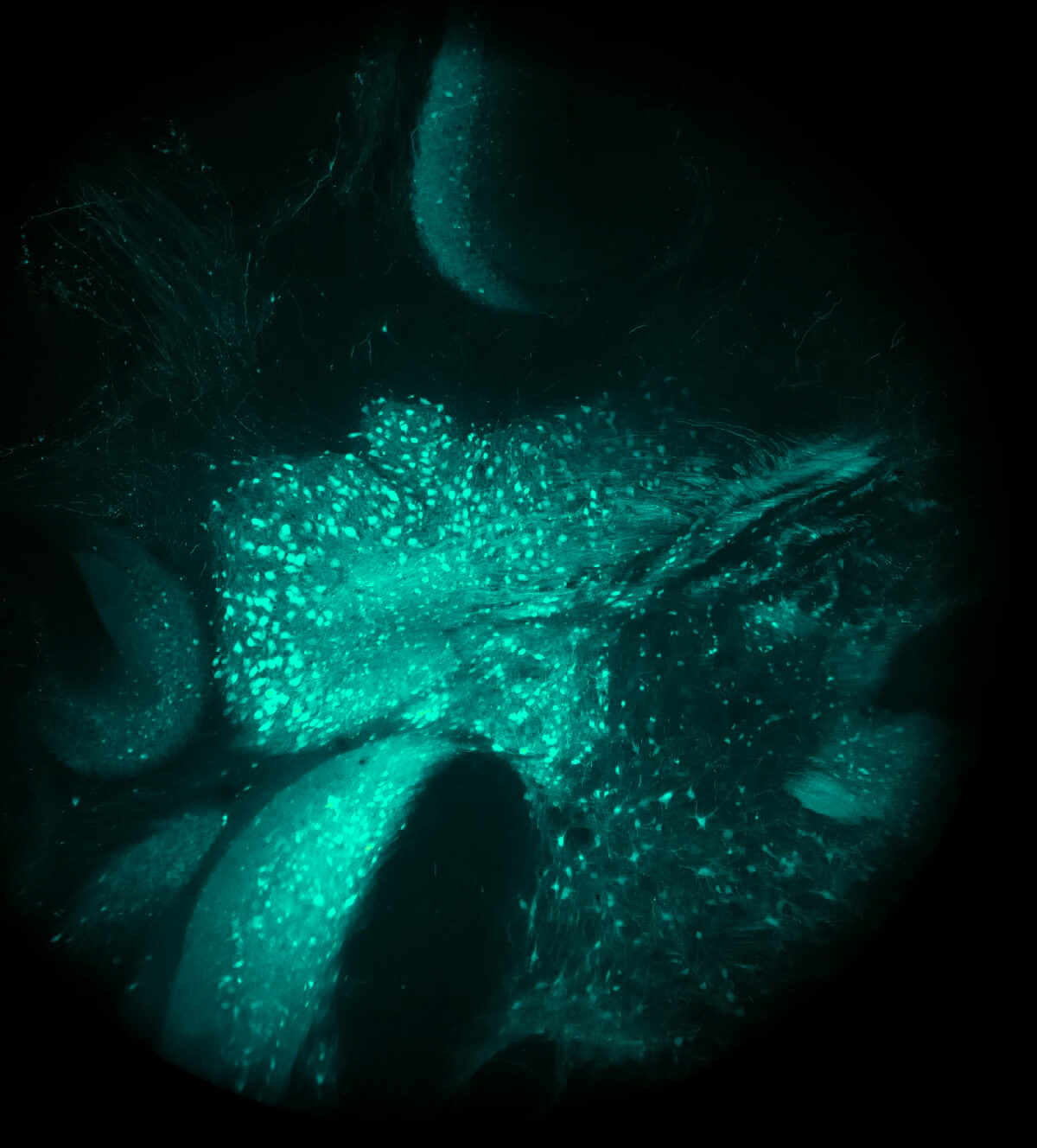overview
Losing the ability to precisely time movements can lead to debilitating disorders. Our research approaches this problem from three facets. First, we investigate how the brain exerts precise temporal control of behaviors under healthy conditions. Second, we develop neurotechnological tools that aid in restoring function in impaired states. Third, we study how humans and animals generate statistically optimal timing behaviors using probability theory, computational models, and psychophysical techniques.
Our mechanistic questions are addressed using a combination of computational, behavioral, and neurophysiological techniques in rodents and humans. To study appropriate intervention technologies, we collaborate with clinicians, patients, and healthy human controls to characterize impairments in eliciting temporal behaviors. To study optimal timing, we use probabilistic theory and computational models to investigate how humans and rodents learn such timing behaviors.

